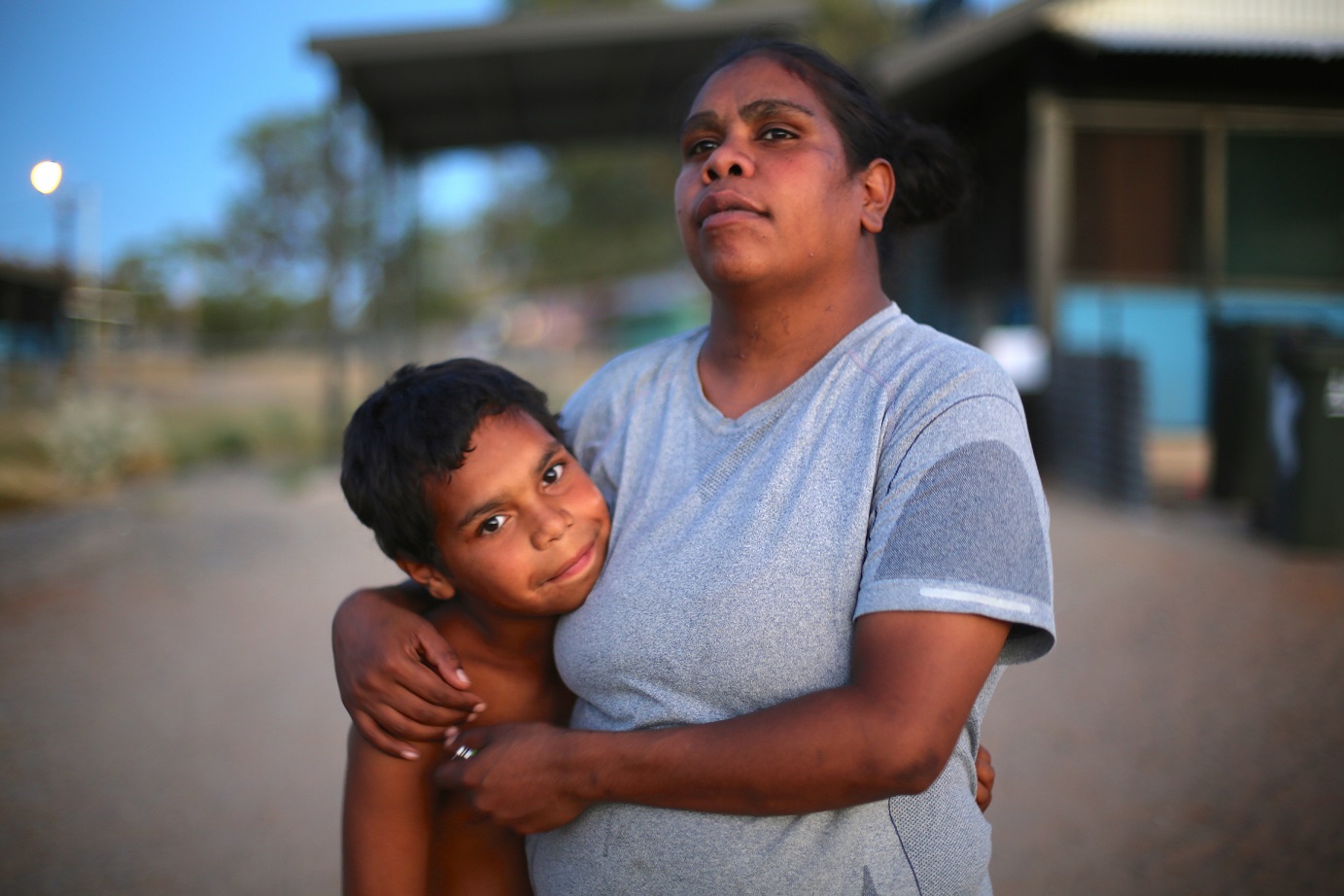Dujuan Turner is your typical 10-year-old Australian boy: inquisitive, playful and more than a tad mischievous. Except he’s perhaps anything but typical; he can speak three languages, he’s an accomplished hunter and a capable apprentice in the sacred arts of healing that belong to his Aboriginal peoples, as well as being precociously bright.
Unfortunately, his indigenous status is enough to render all those attributes null and void in the eyes of his white educators, whose narrow-minded ignorance is a symptom of a colonialist attitude that sadly still pervades throughout Australia today. It’s apparent in the dismissal of his culture and beliefs as wishy-washy superstitions. It’s apparent in the fact that his native language is only taught 30 minutes per day, despite the school’s location and demographic of pupils. And it’s apparent most of all in the abhorrence of Australia’s all too recent (and in some cases, ongoing) history with regard to cultural whitewashing and genocide.
It’s a well-known fact that the continent’s native population was decimated by the barbarities of British colonialism. It’s perhaps less well-known that between 1910 and 1970, as many as 100,000 Aboriginal children were abducted from their families, encouraged to abandon their heritage and even sterilised so as to precipitate the extinction of the race altogether. Incredibly, such practices are still happening today, with forced removals still taking place, eugenics laws still being passed and politicians still forcing through legislation to marginalise indigenous communities. It’s a sickening state of affairs and one that In My Blood It Runs draws much-needed attention to.
The key to this is through Dujuan himself. Front and centre of the documentary, the boy takes to the limelight with ease, even handling the camera himself at times and providing memorable soundbites of what it means to be disrespected and neglected by the community in which he lives (including the title of the film itself). Understandably, he finds little stimulation in the paint-by-numbers lessons of his oppressors, who may be well-meaning but are so uninformed about their charges that it’s remarkable more than one of them didn’t refuse to appear in the film. There are cinematographic delights throughout, with one particular shot of Dujuan trying to navigate a busy funfair atmosphere but only succeeding in being buffeted and jostled by the careless and uncaring alike acting as a microcosm of both his own situation and that of the Aboriginal peoples as a whole.
There are places where the film falls a little short. The atrocities outlined above are alluded to but not elucidated in enough detail, while the cheerful narration of decades-old colonial propaganda might shock, but also suggest such events are confined to the past. Modern footage of BlackLivesMatter and AboriginalLivesMatter protests do throw some contemporary context into the works, but it feels like more could have been done to highlight just how rampantly rotten the system remains to this day.
That being said, In My Blood It Runs is still a moving depiction of what it means for a young Aboriginal boy to be living inside a society and a system which actively promotes its own self-promotion ahead of his. Artfully shot and thoughtfully edited, it’s an eye-opening window into the deep-seated inequalities that still corrupt one of the world’s supposedly most developed countries even to this day.
Screening as part of Take One Action Film Festival 2020
